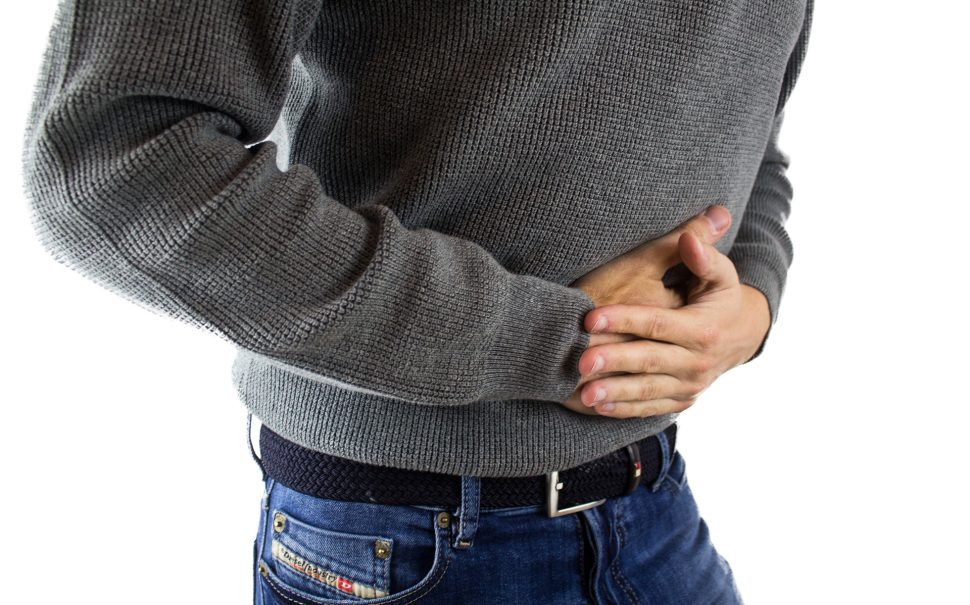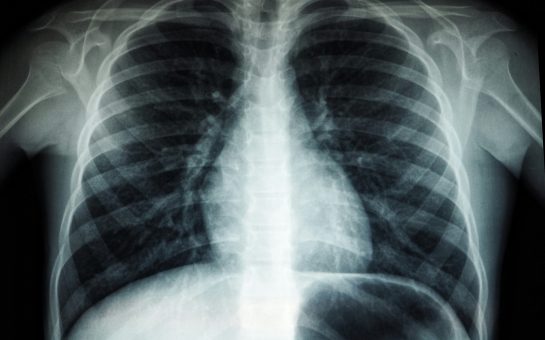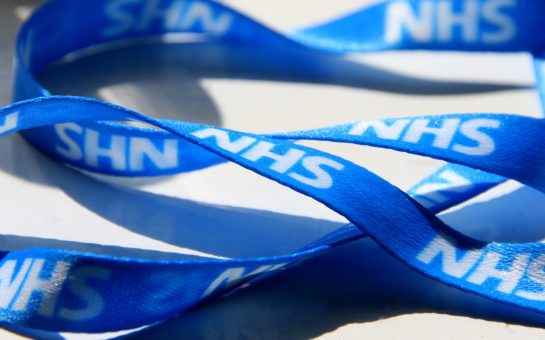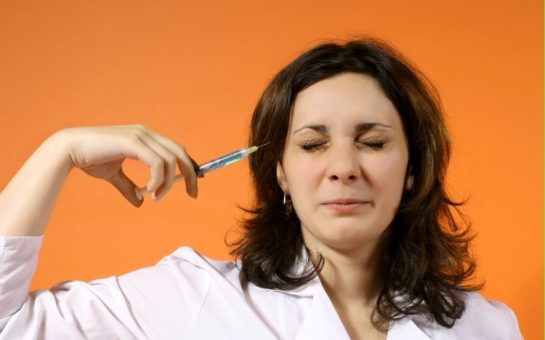May is Coeliac Disease Awareness Month, and charity Coeliac UK have urged the public to question whether they have the disease if they are experiencing any symptoms associated with it.
Coeliac disease is a serious autoimmune condition that affects 1 in 100 people in the UK – yet only 36% of those with the disease are medically diagnosed in the UK.
Symptoms for the disease may include, but are not limited to, fatigue, stomach pain, anaemia and neurological issues.
Some examples of lesser-known symptoms are muscle aches, joint pain, coated tongues and mouth ulcers.
When someone with coeliac disease eats gluten, their body attacks its own tissues, causing damage to the gut and leading to serious health complications if untreated.
Rebecca Adlington OBE, four-time Olympic gold medal-winning swimmer, was diagnosed with coeliac disease in 2024 after experiencing a variety of debilitating symptoms without understanding the cause.
Adlington said: “I suffered with stomach pain, fatigue, mouth ulcers, bloating, and constantly felt run down or ill.
“The tiredness affected both my personal and professional life as I didn’t feel as productive or have enough energy like other people.”
The 35-year-old also suffered two miscarriages which, when paired with her stomach pain, led to her being tested for coeliac disease and being diagnosed – an event she described as “life-changing”.
The gold medalist said: “Since removing gluten, I feel significantly better. My mood, my energy – everything is better, and I am not in pain anymore.
“If you are experiencing ongoing symptoms or issues like I had, just ask the doctor for a test.”
Coeliac UK have also published a free online self-assessment for the public to use if they are concerned that they may be experiencing symptoms associated with the disease.
If someone has coeliac disease, the chances of a close family member having the disease increases to 1 in 10.
For Laura, from Strabane, Northern Ireland, coeliac disease runs in the family – but she still didn’t connect the dots.
After experiencing alarming neurological symptoms such as brain fog, confusion and exhaustion, the 41-year-old was referred to a gastroenterologist after losing track of which day of the week it was and sending her children to school in the wrong clothes.
Laura said: “I was really struggling and felt like a different person sometimes. After my diagnosis, I was grumpy at first because I couldn’t eat what I wanted – it was both physically and emotionally challenging.
“But I was soon discovering gluten free foods I liked and felt like myself again. My energy returned, and with it, my confidence and joy were back.”
Hannah, 21, from York, told Mancunian Matters that her symptoms were so severe pre-diagnosis that things didn’t improve for upwards of a year after beginning a gluten-free diet.
As her symptoms progressed, which saw her being taken out of school with constant stomach pains and taking painkillers frequently to make it through, Hannah said her weekends consisted of sleeping for hours.
After being told she had coeliac disease, Hannah recalled being in “agony without reason” – causing her to question her mother on what more could be wrong even after cutting out gluten.
Hannah said: “A year later, things got better. Five years on, I feel normal.
“I used to feel like everything sucked. I could never be spontaneous, everything had to be planned, researched, figured out.
“Now I can finally enjoy food that doesn’t make me feel ill. I’m happier for it and feel so much better.”
Hilary Croft, CEO of Coeliac UK, said: For those battling with unexplained symptoms, a coeliac disease diagnosis can be life changing.
“Our campaign aims to increase awareness of coeliac disease, and we aim to reach the estimated half a million people living with the symptoms of undiagnosed coeliac disease to help guide them on the road to recovery.”
For more information on Coeliac Awareness Month, click here.
Or to get involved in fundraising for Coeliac disease, join the Coeliac UK 64 challenge.




